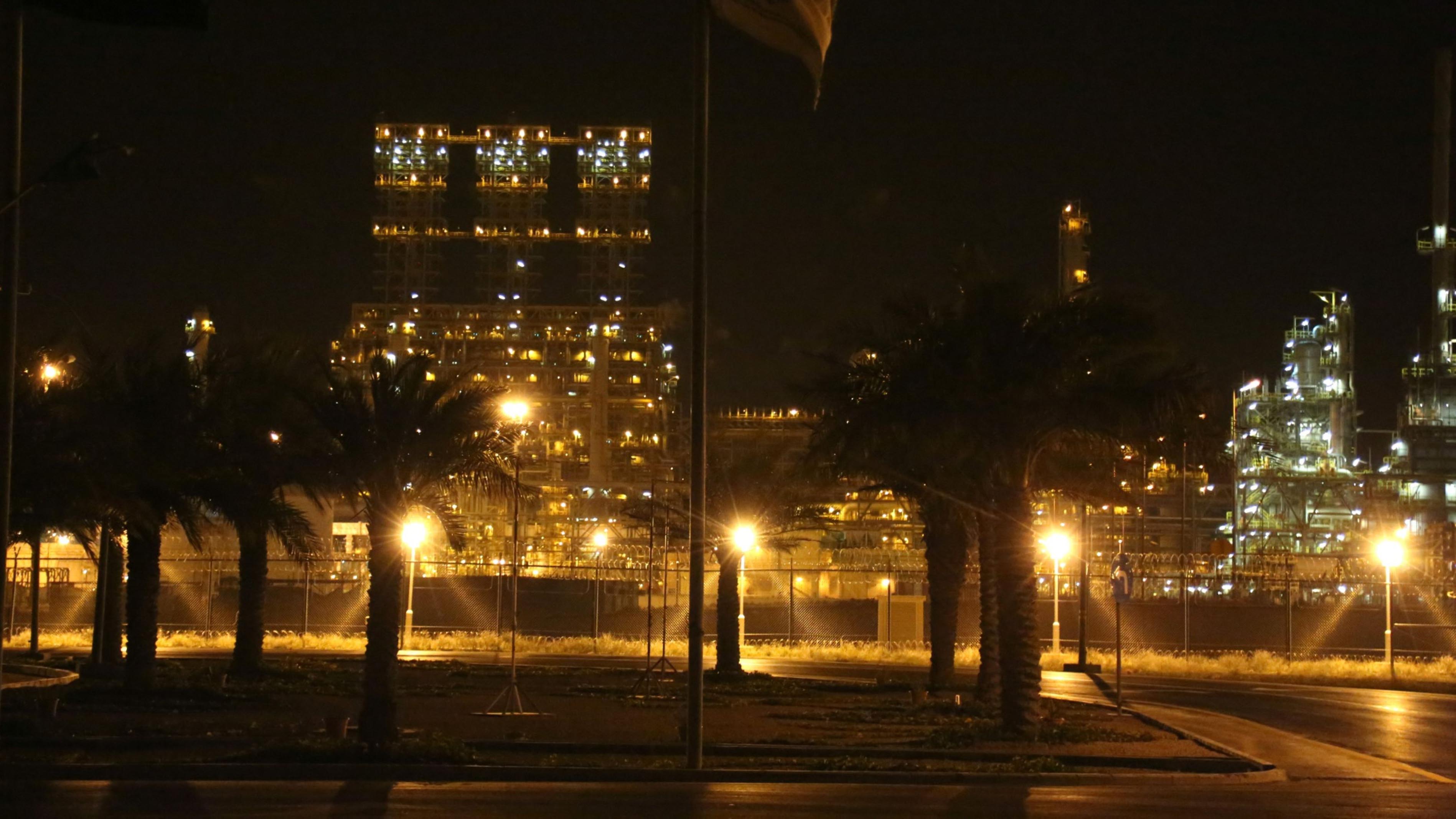
Energy access for the poor is essential to economic recovery but companies need long-term viability, which is why the International Finance Corporation has developed a tool to help.
Today, there are 860 million people around the world without access to electricity and more than one billion people connected to an unreliable grid.
In emerging markets, having access to electricity reduces poverty, increases opportunity, improves education, health, productivity and living standards. Supporting innovative companies that can help solve this problem, but that struggle to turn a profit, is crucial. Good ideas need a sustainable strategy and corporate structure around them that will appeal to investors and financiers.
Mini-grids and off-grid solar home systems (SHS) are interesting examples. Unlike traditional, centralised electricity distribution, which comes with high fixed costs, SHS are the most cost-effective means of connecting millions who live in rural areas. In fact, it is estimated that by 2030, 70% of new electricity customers worldwide will consider SHS to be their most cost-effective option.
Simple and affordable
Tremendous progress has been made over the past 10 years and the off-grid solar sector has grown substantially into a $1.75bn annual market, serving 420 million users. Relatively young firms are leading the charge to provide energy access to the poor by selling and distributing SHS that typically consist of a solar panel, a battery, a few lights and a mobile phone charger.
These companies are using the latest technology to develop affordable products, as well as adopting innovative business models, such as pay-as-you-go, which allows individuals to make small, flexible payments using their mobile phone, and having the system automatically turn off if no payment is made. This ‘nudge’ ensures people pay for the service on time in order to receive the benefits of electricity.
But while off-grid solar companies have been able to drive significant impact by providing access to electricity to the poor, many are not profitable and thus not sustainable businesses. The coronavirus pandemic and its economic consequences are exacerbating this issue, and will most likely lead to the collapse of quite a few firms.
Different measures are being implemented around the world to help off-grid solar companies during the crisis, including relief funding and technical assistance programmes to help them develop sound business continuity plans, manage cash flow, liquidity and credit risk. Interestingly, as off-grid solar companies look for ways to survive, many of them are re-examining their cost structure and trying to figure out how they can reduce costs as much as possible.
The priority, now, is survival. But as the world hopefully moves towards the recovery phase of this crisis, the focus for most of these firms should be on finding ways to use that emergency assistance to be viable businesses in the long run, while continuing to deliver a social impact.
Profitability tool
To help off-grid solar firms accomplish this objective, the International Finance Corporation, the private sector arm of the World Bank, has developed a diagnostic tool, Path to Profitability, which shows these companies what they need to do to become profitable.
The tool allows off-grid solar firms to evaluate their pricing, margins and cost structures in detail to determine profitability at a product level. It examines the company’s cost structure and revenue potential by using four key variables: reachable market, penetration rate, transaction intensity, and customer load.
In addition, the framework relies on a tool that visually maps companies’ operations and on a financial modelling tool to provide a picture of total costs and potential revenues. The framework is designed for early-stage and other companies, but can also help investors and donors understand the economic performance of prospective or current portfolio companies.
Having viable, profitable off-grid solar businesses helps drive higher growth in the sector without significantly relying on donor funds and grants. Most importantly, profitable off-grid solar companies increase access to energy for more people – ultimately supporting the UN sustainable development goals, which include ensuring access to affordable, reliable, sustainable and modern energy for all. This will be even more important to a post-pandemic global economic recovery.
Miguel Soriano is a senior digital finance and energy specialist at the World Bank and the International Finance Corporation; adjunct professor at Georgetown University’s McDonough School of Business; and research affiliate at Cambridge University’s Judge Business School.


